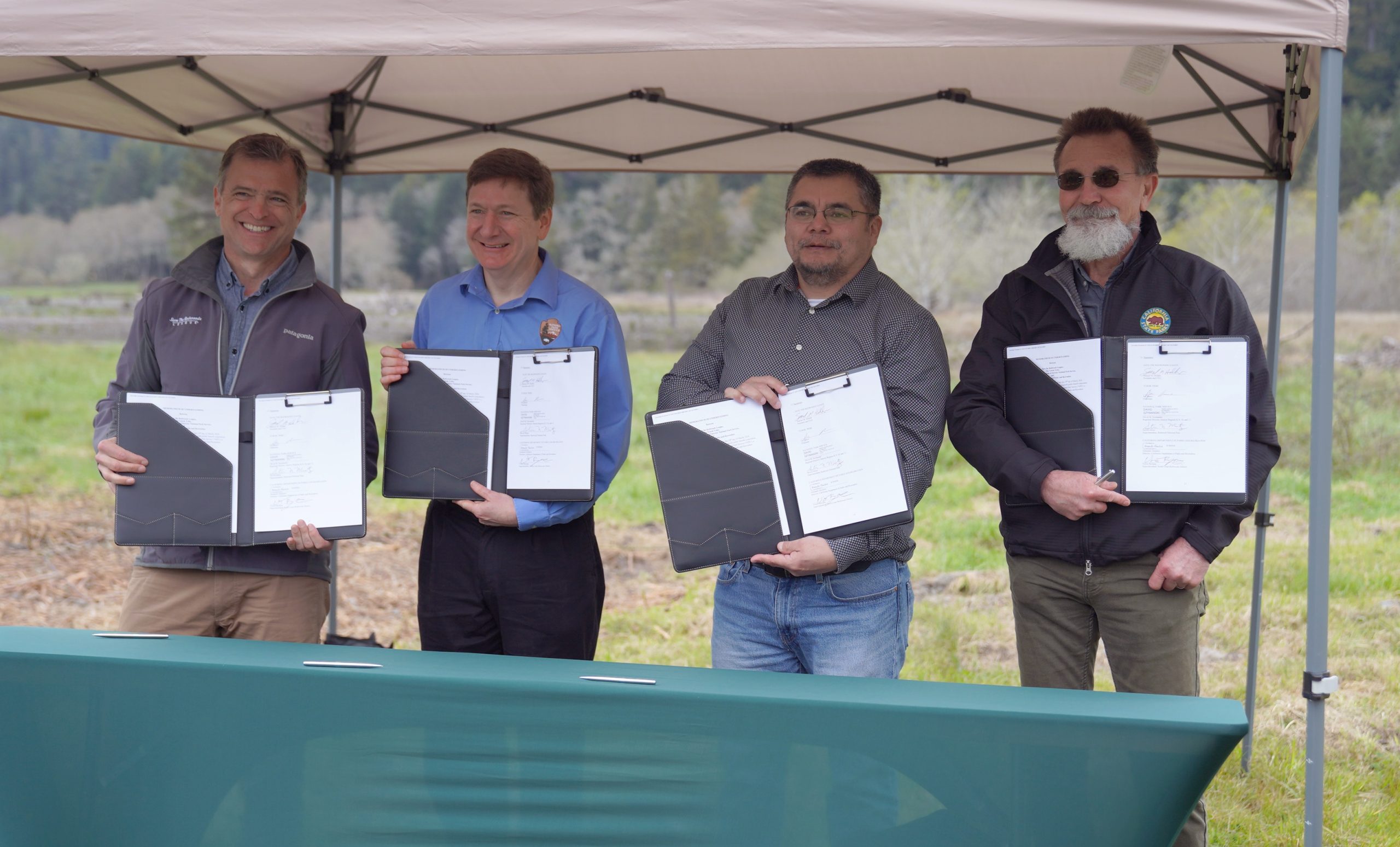Podcast: Play in new window | Download | Embed
On Monday, Apache Stronghold, a coalition of Apache people and their allies, asked all 29 judges on the U.S. Ninth Circuit Court of Appeals to review its case to protect Oak Flat in Arizona from a mining project.
In March, the group received a blow in its efforts to protect the site after a panel of 11 judges on the court ruled 6-5 that the federal government can transfer Oak Flat to Resolution Copper.
The group is trying to prevent the land transfer saying the copper project violates religious freedom.
Attorneys say Monday’s appeal gives the full court one more chance to protect Oak Flat before the case goes to the Supreme Court.
The area is sacred to Western Apache and other Native people.
In a statement, Dr. Wendsler Nosie Sr. of Apache Stronghold said Oak Flat is the heart and soul of the Apache where generations come to connect with their Creator and conduct ceremonies.
In March, the court ruled the land transfer is not subject to federal laws protecting religious freedom.
After that ruling, Resolution Copper, a subsidiary of foreign-owned mining companies Rio Tinto and BHP, welcomed it saying the project will help supply copper to the U.S., create jobs and boost Arizona’s economy.
The Ninth Circuit is expected to decide by the fall whether all 29 judges will rehear the case.

Sealaska’s “Celebration” dance festival in Juneau, Alaska in June 2022. (Photo: Rhonda McBride)
Research shows cultural tourism is on the rise in Indian Country, because travelers crave authenticity and want deeper experiences with Indigenous peoples.
As Rhonda McBride from our flagship station KNBA reports, Alaska tribes could be poised to take advantage of this trend.
Cultural tourism in Alaska can be as simple as a hike on a trail with a Native storyteller – or a visit to a dance festival.
Although it’s still in its infancy, Emily Edenshaw says cultural tourism holds a lot of promise for the whole state.
“It’s a sleeping giant. It’s untapped.”
Edenshaw is director of the Alaska Native Heritage Center, one of five Native groups across the nation to receive federal money to expand cultural tourism.
Edenshaw says it’s an opportunity to re-think tourism in Alaska, which has come to rely too much on wildlife and scenery to draw tourists.
“Come and see the mountains and the brown bears and come explore and discover and go on the glaciers and look at the berries. What about the Indigenous experience? Our people have been here for 10,000 years, in some cases even longer than that.”
- Sealaska’s “Celebration” dance festival in Juneau, Alaska in June 2022. (Photo: Rhonda McBride)
- Totem in Juneau, Alaska on the Mt. Roberts (Wooshkeenax Deiyí) Trailhead. (Photo: Rhonda McBride)
- Juneau, Alaska’s Healing Totem. (Photo: Rhonda McBride)
The Heritage Center will receive about $50,000 to boost tourism.
The money comes from the Office of Indian Economic Development, under the Bureau of Indian Affairs, which has partnered with the American Indian Alaska Native Tourism Association to oversee the grants.
Sherry Rupert, the association’s director, says it’s a good time to invest in Indigenous tourism.
“Visitation to our communities is increasing. That’s why we’re so interested in supporting efforts up in Alaska. Alaska has the largest number of federally recognized tribes than in any other state. There is so much potential there for these small communities.”
Rupert says cultural tourism not only creates jobs and economic opportunity, but also helps tribes hold on to their heritage.
“I think it really sparks a light and really sparks that pride in who they are, so it helps us to preserve our cultural identity.”
Edenshaw says the grant will be leveraged with other private and public funds – and will complement ongoing efforts at the Heritage Center to study on the impacts of cultural tourism.
“We need to get the data. We need to know how many jobs it creates. We need to know the economic impact through a cultural tourism lens. And the truth is, this has never happened before.”
As the Alaska Native Heritage Center approaches its 25th anniversary, Edenshaw says it’s well positioned to be a statewide leader in cultural tourism and share what it’s learned over the years about what does and doesn’t work.
Some of the other organizations to receive funding: the St. Regis Mohawk Tribe in New York, The Pine Ridge Area Chamber of Commerce in South Dakota, the Shonto Economic Development Corporation in Arizona, and the Native Hawaiian Hospitality Association in Honolulu.

Courtesy Minnesota Lynx
University of Utah women’s basketball forward Alissa Pili was picked by the Minnesota Lynx during Monday night’s 2024 WNBA Draft.
Pili, from Anchorage, Alaska, is Alaska Native and Samoan.
She’s had a large following at games from the Native community.
After her pick, ESPN asked what it means to be representing her cultures.
“A lot of Indigenous and Polynesian girls don’t get to see that role model and I’m just so blessed that I could be in the position to be that for them.”
Pili was the number eighth overall pick in the 2024 draft.
we got our girl. 🔥 @alissa_pili pic.twitter.com/QgdL7vbgAC
— Minnesota Lynx (@minnesotalynx) April 16, 2024
Get National Native News delivered to your inbox daily and stay up-to-date on the 2024 Native Vote. Sign up for our daily newsletter today.



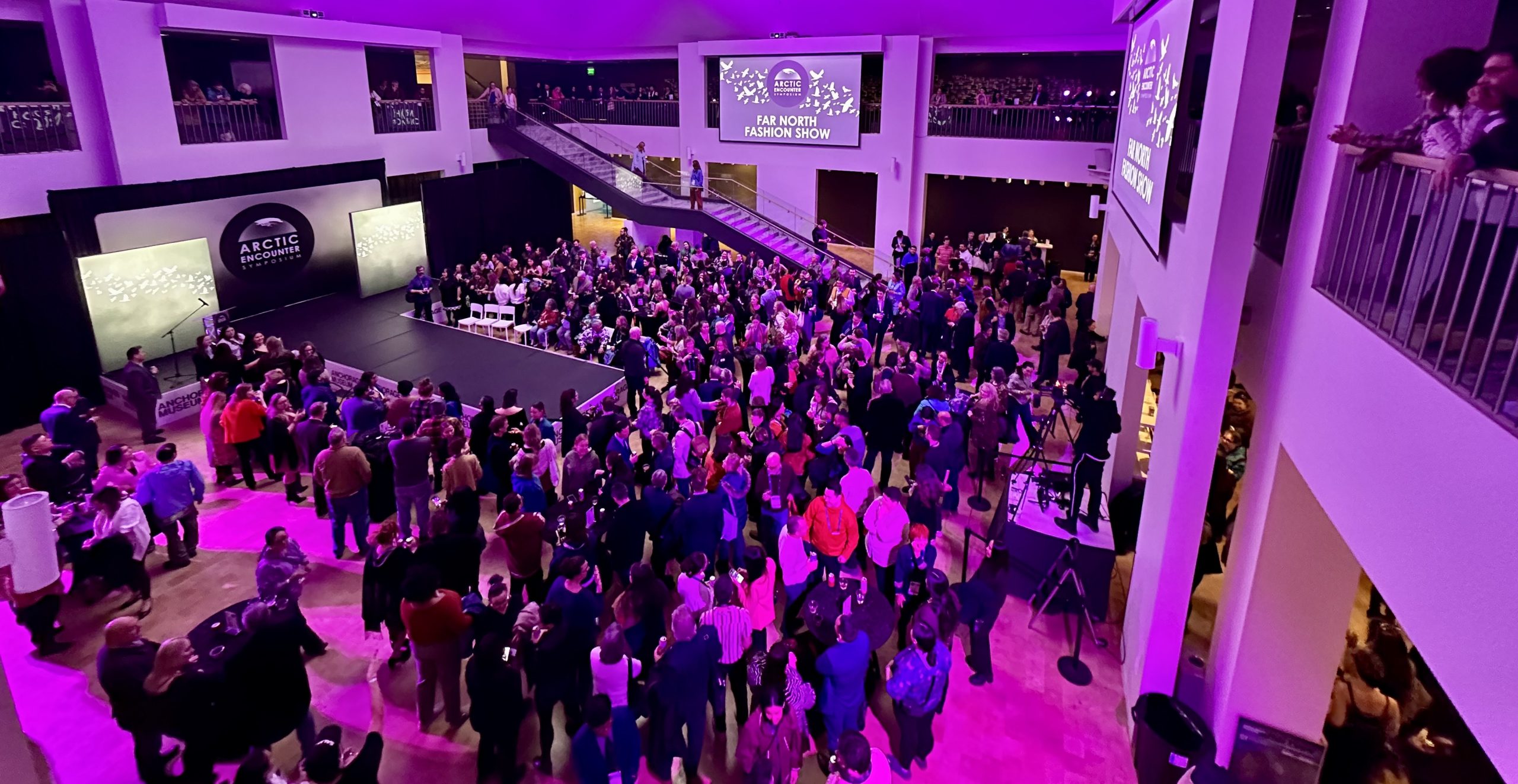

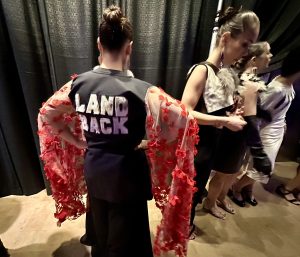


 A formal process begins this week in Anchorage to document Native boarding school abuse.
A formal process begins this week in Anchorage to document Native boarding school abuse.


 The book A Cloud Over the Land tells the story about how the Burt Lake Band lost their land, but also about the fight to get it back.
The book A Cloud Over the Land tells the story about how the Burt Lake Band lost their land, but also about the fight to get it back.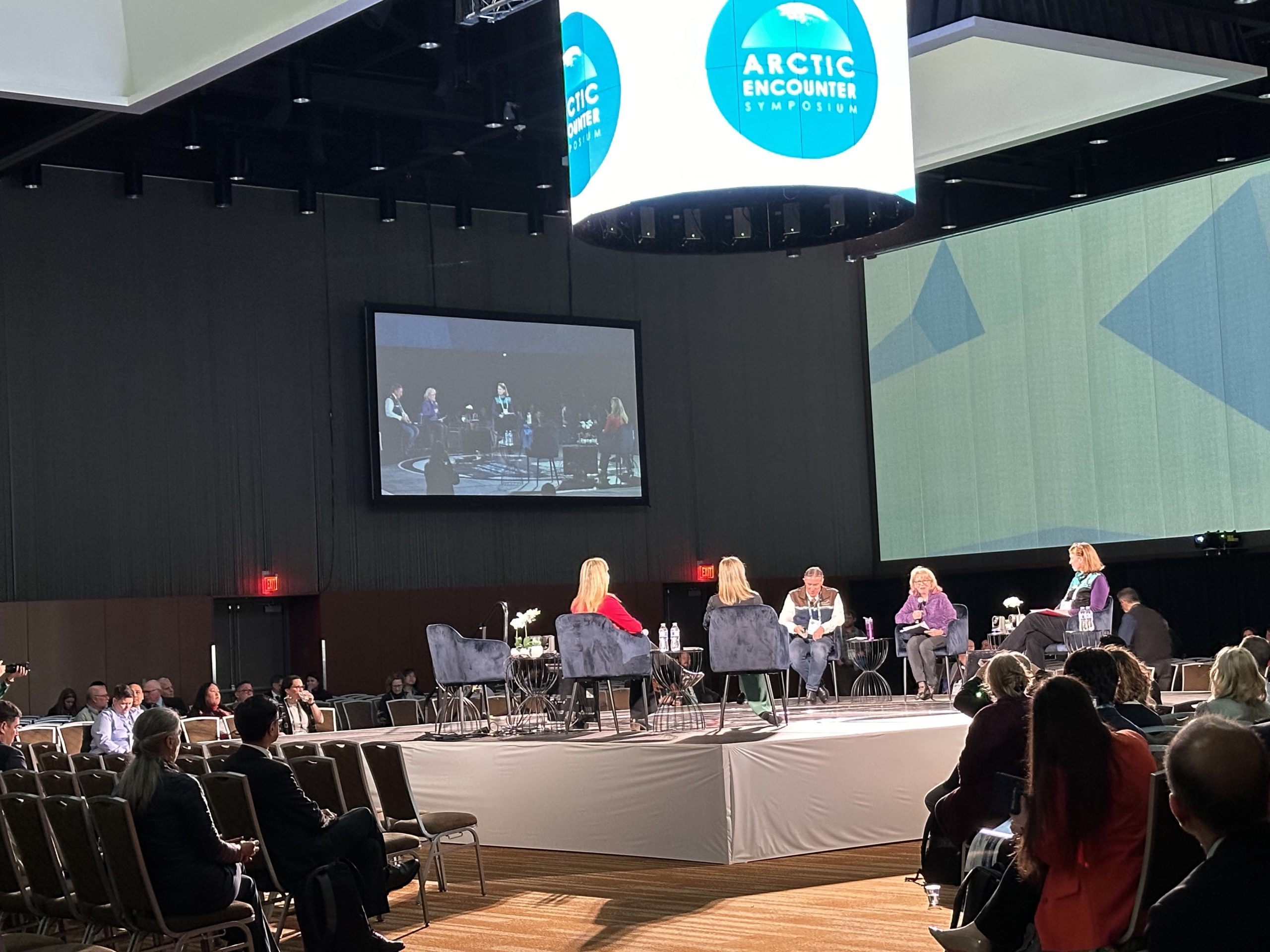

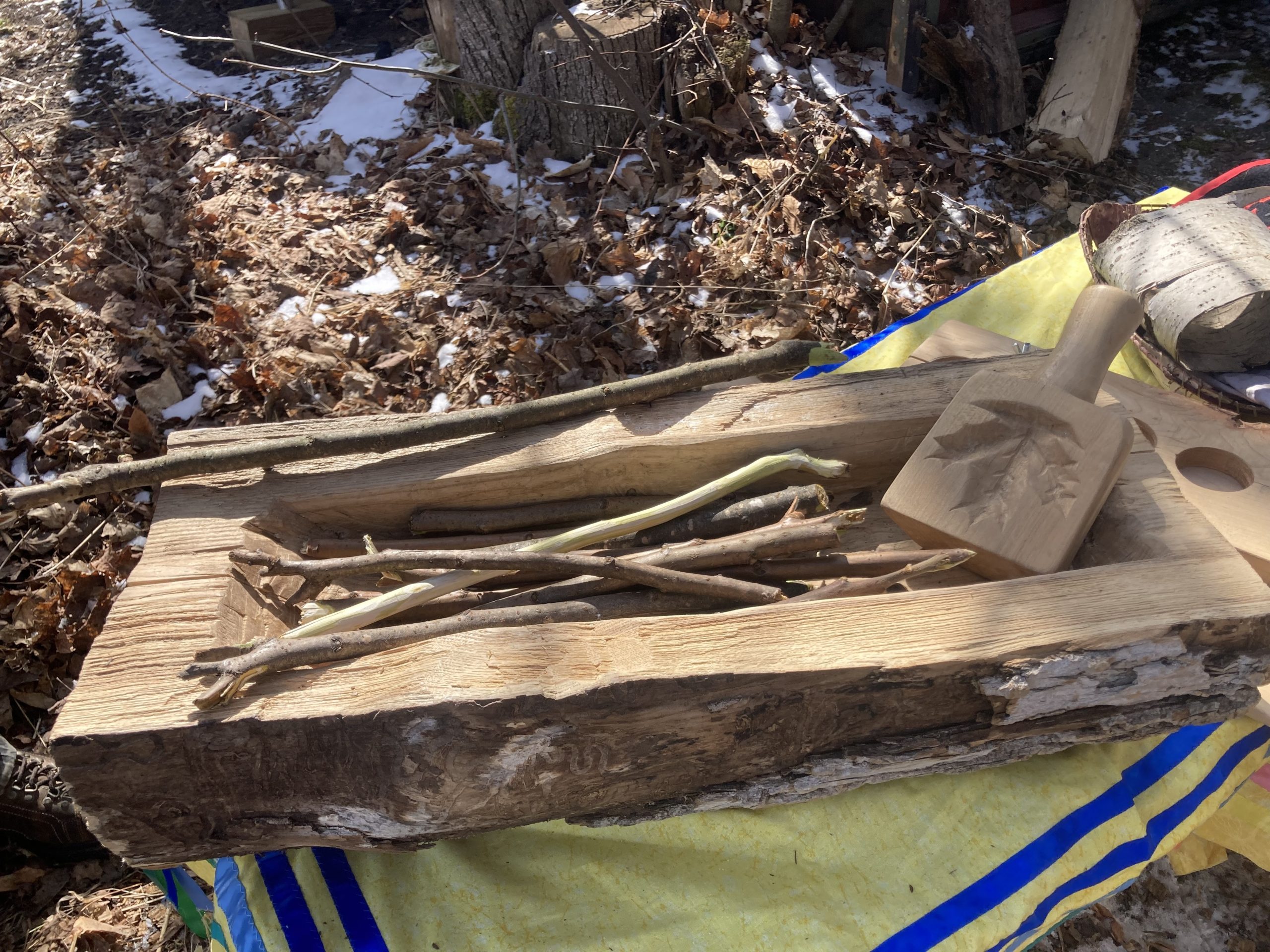
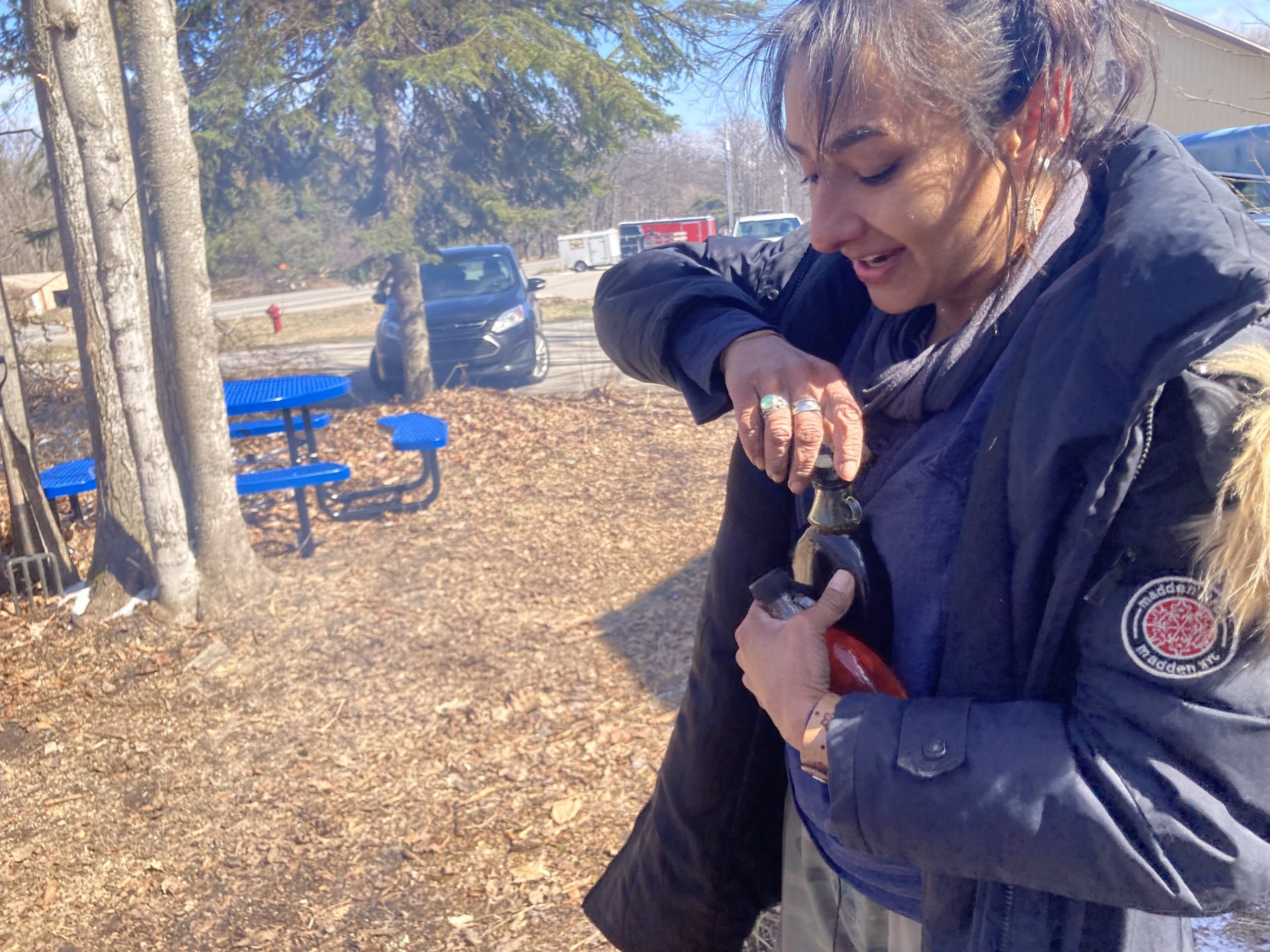
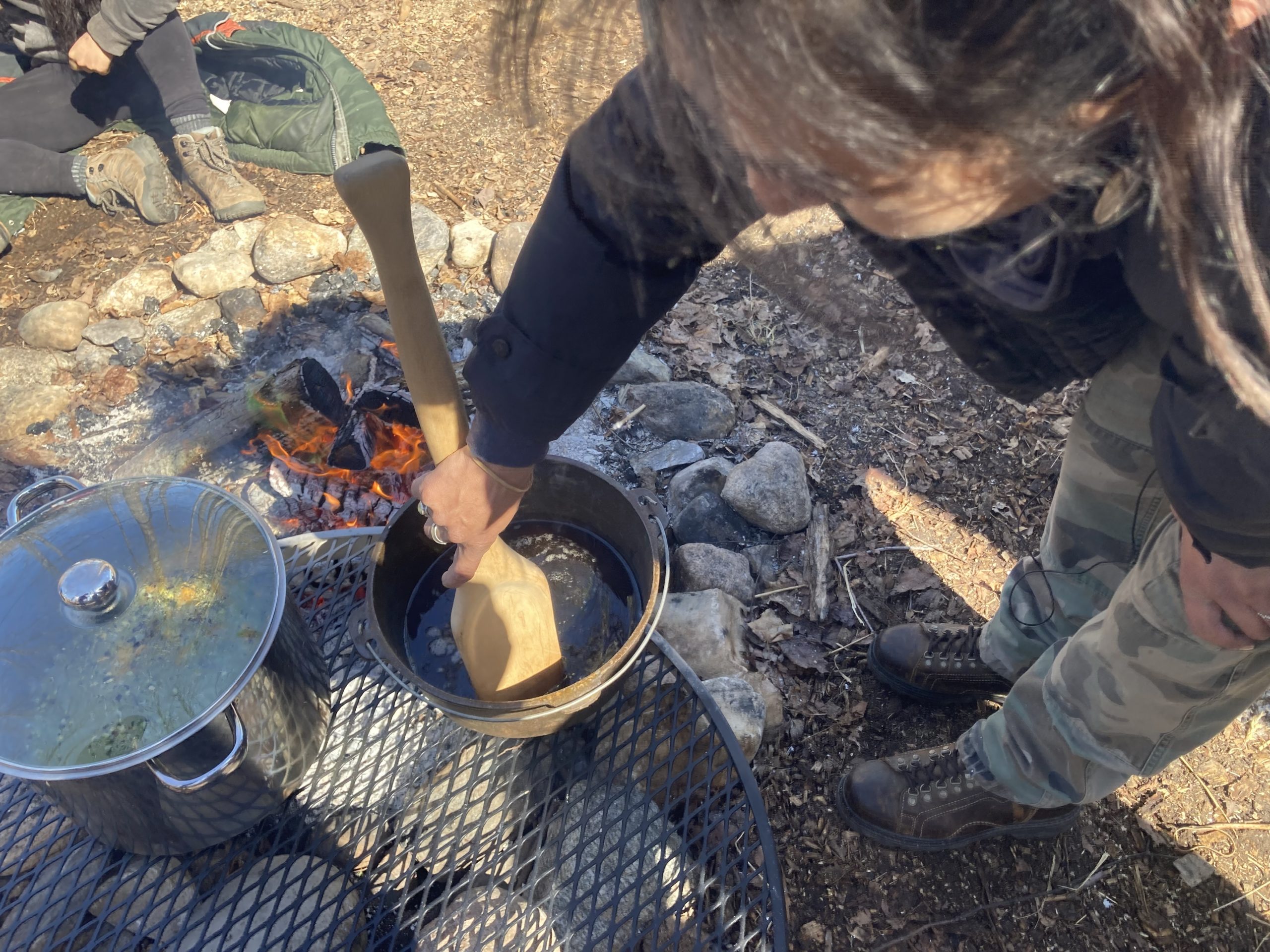


 On-site counseling will be offered at Haskell Indian Nations University in Lawrence, Kan. this week.
On-site counseling will be offered at Haskell Indian Nations University in Lawrence, Kan. this week.
 Zooming across the Navajo Nation, a new non-profit called NDN Girls Book Club is bringing books written by Indigenous authors to the reservation.
Zooming across the Navajo Nation, a new non-profit called NDN Girls Book Club is bringing books written by Indigenous authors to the reservation.
